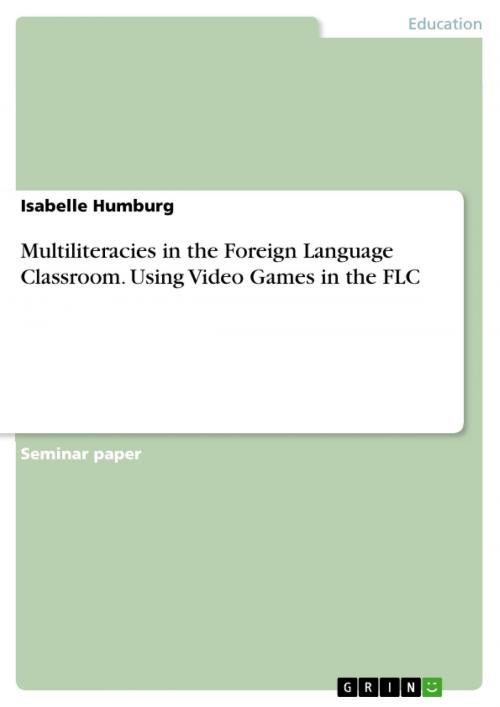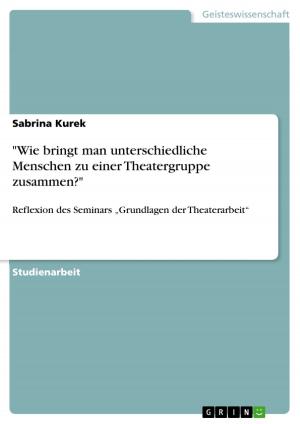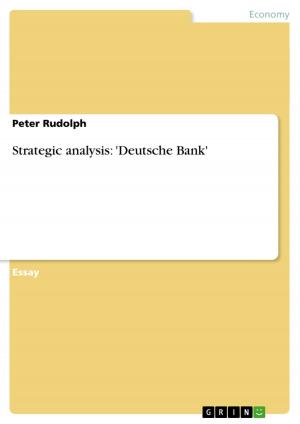Multiliteracies in the Foreign Language Classroom. Using Video Games in the FLC
Nonfiction, Reference & Language, Study Aids, ESL, Foreign Languages| Author: | Isabelle Humburg | ISBN: | 9783656915942 |
| Publisher: | GRIN Verlag | Publication: | March 10, 2015 |
| Imprint: | GRIN Verlag | Language: | English |
| Author: | Isabelle Humburg |
| ISBN: | 9783656915942 |
| Publisher: | GRIN Verlag |
| Publication: | March 10, 2015 |
| Imprint: | GRIN Verlag |
| Language: | English |
Seminar paper from the year 2014 in the subject English - Pedagogy, Didactics, Literature Studies, grade: 1,7, Justus-Liebig-University Giessen, course: Multiliteracies in the Foreign Language Classroom, language: English, abstract: According to a survey published in 2013 nearly every youth spends roughly 180 minutes online every day during the school week (MPFS 2013: 64). Of the asked adolescents, 45% said that they play computer, console or online games regularly and gave the estimate of '76 minutes on weekdays and 101 minutes on weekends' (MPFS 2013:65) spend playing digital games. There is a term for all those born after the 1970s, that grew up surrounded and using technology on a daily basis: digital natives (Schoolnet 2009: 6). This new generation of born natives uses digital devices with little to no instruction. One could say they are fluent or literate in this 'language'. These digital natives use this technology based language to communicate, express themselves, as well as to understand and manipulate their environment. They use social networking sites as well as digital games, often combined with each other, to entertain themselves. Through their constant use digital natives are used to an environment, which constantly rewards them for things like endurance (daily log in rewards) or finishing things in a timely matter (finishing in a quest in a certain time frame). This kind of reward system is what they expect in the classroom. A traditional classroom environment may not be motivating enough for this new generation of learners (Schoolnet 2009: 6). This term paper deals with digital games in the English foreign language classroom (EFL). As students clearly enjoy playing these games and are motivated to do so on a nearly daily basis, why not use this kind of motivation to learn English? In the following the theory behind the usage and advantage of digital games in the classroom is outlined. In the end there is a teaching proposal for a unit, that uses an online game to teach historical facts and events.
Seminar paper from the year 2014 in the subject English - Pedagogy, Didactics, Literature Studies, grade: 1,7, Justus-Liebig-University Giessen, course: Multiliteracies in the Foreign Language Classroom, language: English, abstract: According to a survey published in 2013 nearly every youth spends roughly 180 minutes online every day during the school week (MPFS 2013: 64). Of the asked adolescents, 45% said that they play computer, console or online games regularly and gave the estimate of '76 minutes on weekdays and 101 minutes on weekends' (MPFS 2013:65) spend playing digital games. There is a term for all those born after the 1970s, that grew up surrounded and using technology on a daily basis: digital natives (Schoolnet 2009: 6). This new generation of born natives uses digital devices with little to no instruction. One could say they are fluent or literate in this 'language'. These digital natives use this technology based language to communicate, express themselves, as well as to understand and manipulate their environment. They use social networking sites as well as digital games, often combined with each other, to entertain themselves. Through their constant use digital natives are used to an environment, which constantly rewards them for things like endurance (daily log in rewards) or finishing things in a timely matter (finishing in a quest in a certain time frame). This kind of reward system is what they expect in the classroom. A traditional classroom environment may not be motivating enough for this new generation of learners (Schoolnet 2009: 6). This term paper deals with digital games in the English foreign language classroom (EFL). As students clearly enjoy playing these games and are motivated to do so on a nearly daily basis, why not use this kind of motivation to learn English? In the following the theory behind the usage and advantage of digital games in the classroom is outlined. In the end there is a teaching proposal for a unit, that uses an online game to teach historical facts and events.















